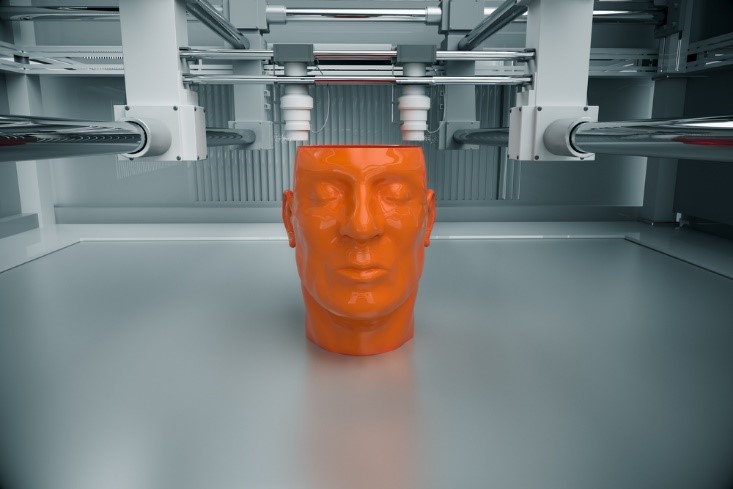We use cookies to personalize content and advertisements, to offer social media functions and to analyze access to our website.
You can revoke the given consent at any time. You can find further information in our Privacy Policy.
Aug 2018
On 27, Aug 2018 | In Copyright Levies, News @en | By Alisa Maier
 n this background, 3D printers with the obvious potential to reproduce protected works are also considered as devices subject to copyright levies. The technological developments in 3D printers have repeatedly triggered discussions about the issues of copyright law and more precisely around copyright levies. Czech Republic and France are among the many countries thriving such discussions. Furthermore, a study conducted by the WIPO (World Intellectual Property Organization) in 2015 deals with the questions at stake.
In general, the EU Parliament considers the impact of 3D printers as important, evaluating potential copyright infringements of authors and artists. Therefore, EU Parliament approved the Resolution 2017/2007 (INI) with the intention to regulate innovative products such as 3D printers by copyright law. Moreover, this resolution proposes that similar products, such as 3D printers and normal printers – 2D printers are subject to copyright levies in many countries – should be regulated by the same legal basis.
n this background, 3D printers with the obvious potential to reproduce protected works are also considered as devices subject to copyright levies. The technological developments in 3D printers have repeatedly triggered discussions about the issues of copyright law and more precisely around copyright levies. Czech Republic and France are among the many countries thriving such discussions. Furthermore, a study conducted by the WIPO (World Intellectual Property Organization) in 2015 deals with the questions at stake.
In general, the EU Parliament considers the impact of 3D printers as important, evaluating potential copyright infringements of authors and artists. Therefore, EU Parliament approved the Resolution 2017/2007 (INI) with the intention to regulate innovative products such as 3D printers by copyright law. Moreover, this resolution proposes that similar products, such as 3D printers and normal printers – 2D printers are subject to copyright levies in many countries – should be regulated by the same legal basis.